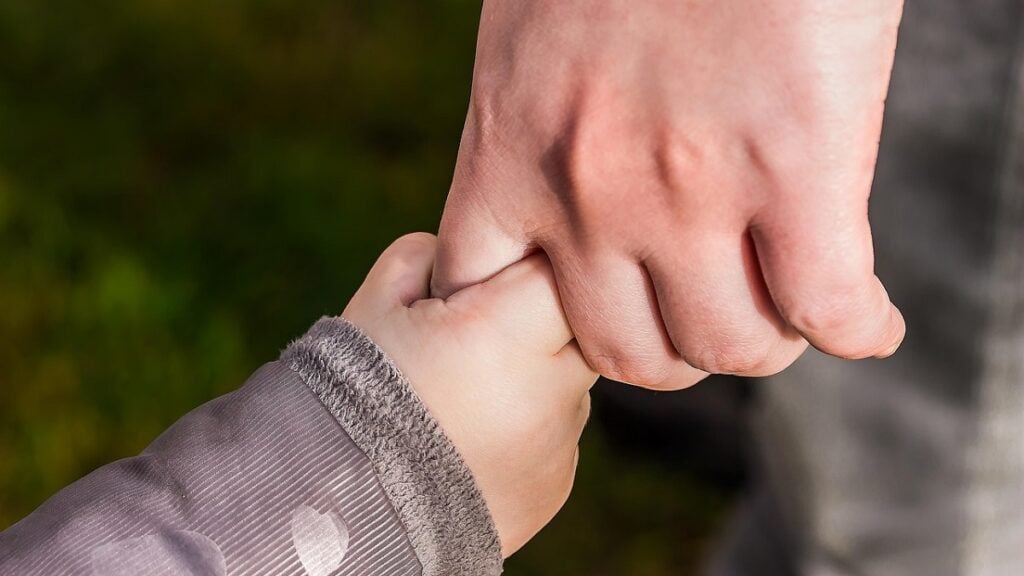Imagine you send off your literal preschool-aged children to school one day, only to have them returned to you with a disheartening message: They’re no longer able to attend their preschool. Even worse, you find out that the school is citing the reason as ‘listening issues.’ And this is being said to 3-year-old twins. The Illinois preschool claims they don’t the resources to help kids who can’t sit still or a little talkative. This is a reality that many families are now facing, including Yifan Sun, Tyler Louviere, and their young twins.
Yifan and Tyler could feel the excitement radiating from their twin daughters the day they started preschool. When asked what they want to be when they grow up, they chose ninja and duck. Yifan said, “I was excited for them to be with kids their own age and make friends.” However, this dream turned into quite a nightmare. In just one month’s time, both girls were not permitted to come back to school for the preschool program.
When the Illinois parents bewilderingly asked why their children couldn’t return, they were told “listening issues” as the reason. The events leading up to that moment were discouraging and frustrating for the family, to say the least. They first received a call from the preschool’s administrator, who told them that their daughters weren’t ready for a structured day. They moved them into a younger group where they would only attend two days out of the week.
Then, a week later, a staff member called a second time and told them, “We don’t have the resources to support your kids.” One of the reasons? Running around when they were having ‘circle time.’ The parents, who were rightfully flabbergasted, wondered how a school could make this decision.
They asked, “When were they supposed to learn these skills if not in school?” Yifan reasoned. “Adults in a new job get a probationary period. Why doesn’t that apply with kids? Why were they giving them so little time to adjust?” And that is a wonderful point!
Walter Gilliam, the executive director of the Buffett Early Childhood Institute at the University of Nebraska, explained it perfectly. “The more children per adult in the classroom, the greater the likelihood someone’s going to get expelled.”
Gilliam also pointed out COVID only made the problem worse. Mental health support wasn’t as easy to obtain, resulting in preschools feeling stress. That meant retention rates for preschoolers were lower than ever. It’s also safe to say that children were more isolated during COVID, which means that their experience was different from others who started preschool before the pandemic. He said, “When you’ve spent the pandemic with only your parents, it can be hard sharing with other children and sharing attention from adults.”
Luckily, Yifan and Tyler have seen success at their child’s third preschool in Illinois. They commented on the benefits of their current preschool experience, saying about one of their twin girls, “When I pick her up, she’s tucking the other kids in. They’re thriving so much.”
The Illinois girls, as with many other children in these situations, just needed a chance to learn the ways of preschool. Children need time to adapt to major changes and the family was lucky to have found a preschool understanding of this notion.









